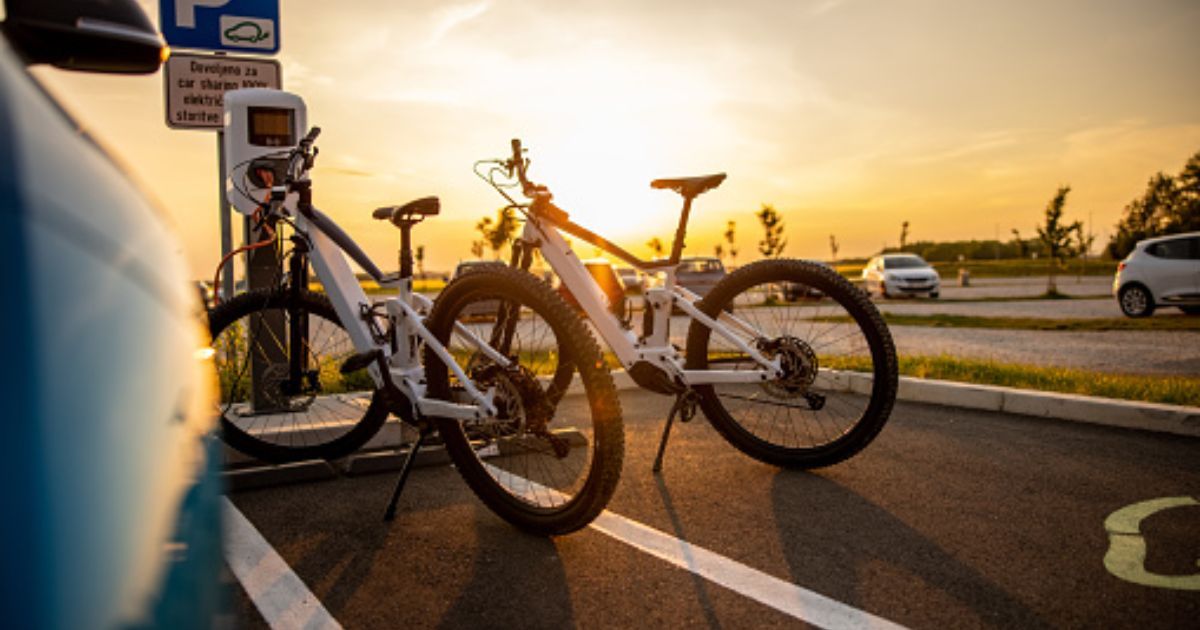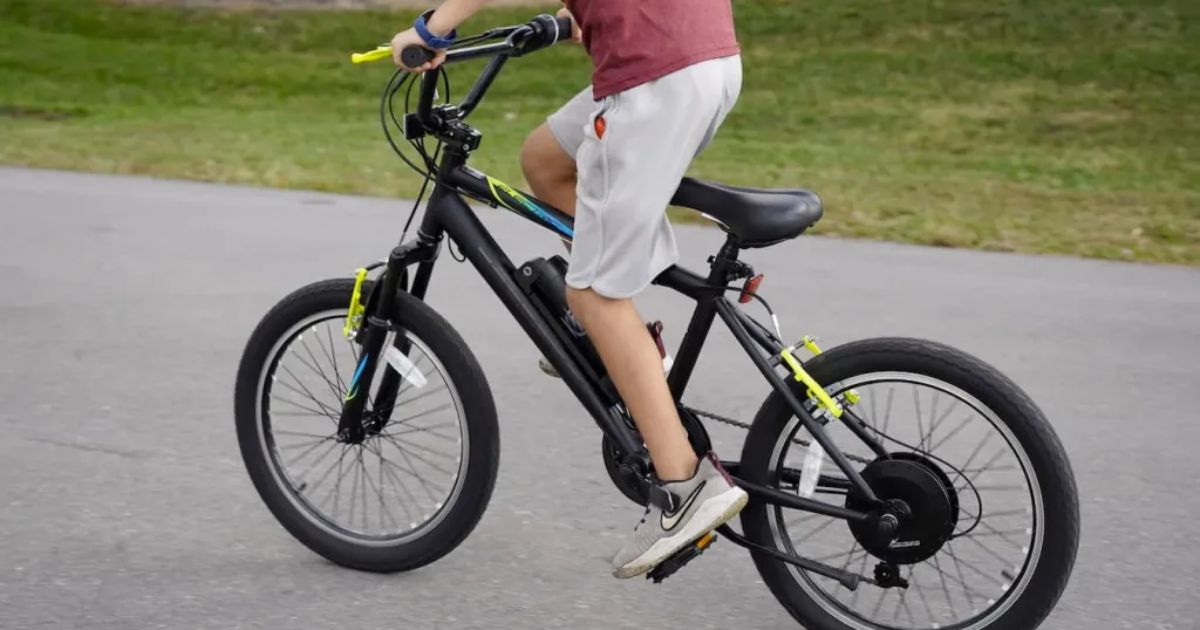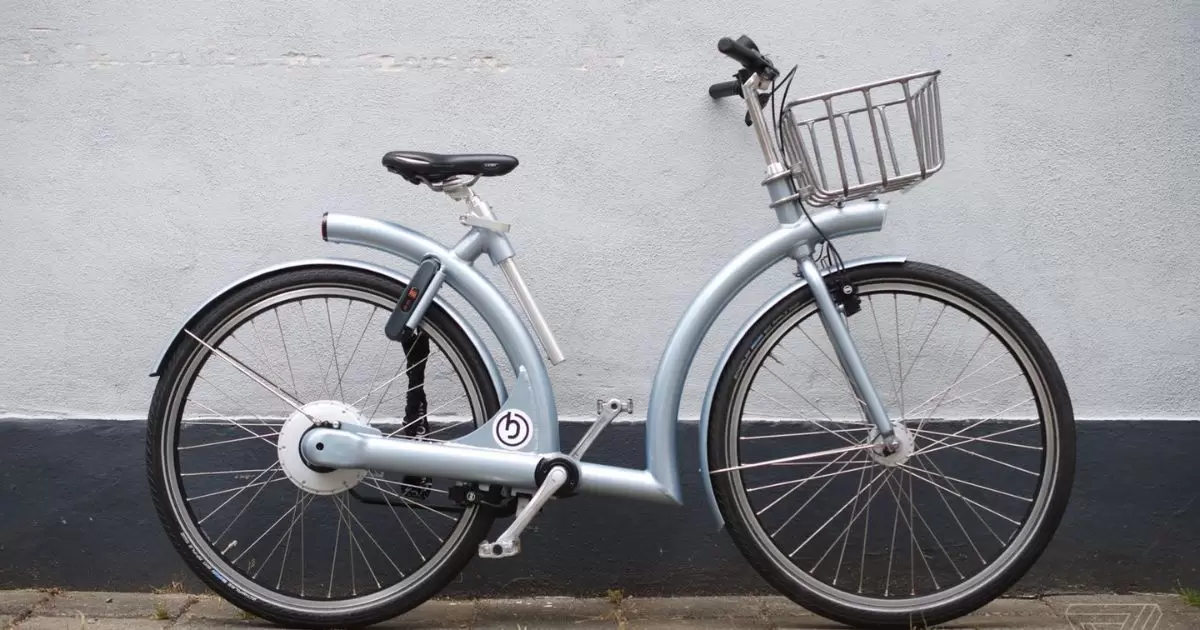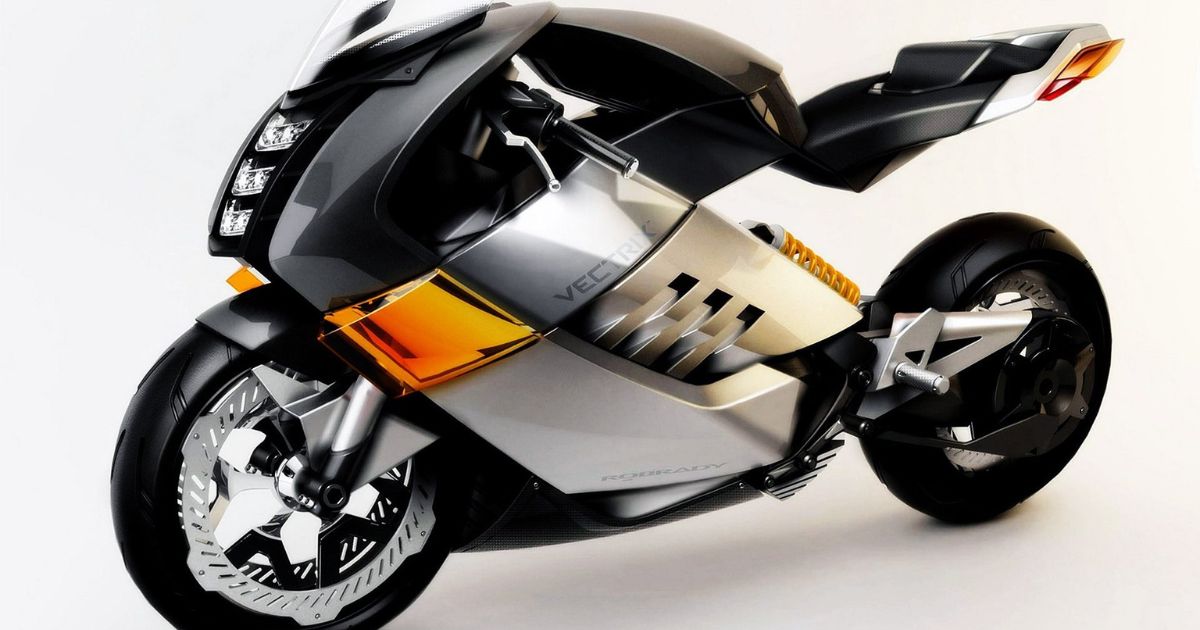Are you wondering if you need a license for your electric bike? Well, the answer depends on various factors and regulations set by your state. Understanding the legal requirements for electric bikes can help you navigate the rules and ensure a safe and enjoyable ride.
From age restrictions to license requirements, there are certain guidelines you need to be aware of. Additionally, helmet laws and restrictions on where you can ride your electric bike also play a role in determining the need for a license. By understanding the different classifications of electric bikes and the regulations specific to your state, you can confidently hit the road with your electric bike.
Key Takeaways
- Electric bikes with lower power usually do not require a license.
- Age restrictions may apply for riding electric bikes.
- Higher-power electric bikes may require a license, similar to motorcycles or scooters.
- It is important to consult local transportation authorities for specific license requirements.
Legal Requirements for Electric Bikes
To legally ride an electric bike, you’ll need to meet certain requirements. In most countries, electric bikes are classified as bicycles, so you won’t need a license. However, there are some rules you must follow.
Firstly, the bike’s motor power must be below a certain threshold, usually 750 watts. Secondly, the bike must have pedals and not be solely powered by the motor. Lastly, you may need to wear a helmet and follow local traffic regulations.
State-Specific Regulations for E-Bikes
State-specific regulations for e-bikes vary across different regions. It is important to understand the specific rules in your area to ensure compliance. Here are some key regulations that may apply:
- Maximum Speed: States often have specific speed limits for e-bikes, ranging from 20 to 28 mph.
- Classifications: E-bikes are typically categorized into classes, with different regulations for each class.
- Age Restrictions: Some states may have age restrictions for riding e-bikes, requiring riders to be a certain age.
- Equipment Requirements: States may have specific equipment requirements, such as reflectors or lights, for e-bikes.
these state-specific regulations are crucial to ensure a safe and legal riding experience. Now, let’s discuss the age restrictions for riding an electric bike.
Age Restrictions for Riding an Electric Bike
If you’re considering riding an electric bike, it’s important to be aware of the age restrictions that may apply in your area. Different jurisdictions have varying rules regarding the minimum age for riding an electric bike. Here is a table outlining the age restrictions for electric bike riders in some common locations:
| Location | Minimum Age |
|---|---|
| United States | 16 years old |
| United Kingdom | 14 years old |
| Australia | 16 years old |
| Canada | 16 years old |
Remember to always check your local regulations to ensure compliance and safe riding.
License Requirements for Electric Bikes
If you plan on riding an electric bike, you may be wondering whether you need a license. Here is what you need to know about license requirements for electric bikes:
- In most countries, electric bikes with lower power outputs do not require a license. However, there may be age restrictions for riding these bikes.
- Electric bikes with higher power outputs may require a license, similar to motorcycles or scooters.
- The license requirements for electric bikes vary by country and sometimes even by state or province.
- To determine the specific license requirements for electric bikes in your area, it is best to consult your local transportation authority or department.
Helmet Laws for E-Bike Riders
Wear a helmet while riding your electric bike to comply with helmet laws for e-bike riders. It is important to prioritize safety when enjoying your e-bike. Wearing a helmet can significantly reduce the risk of head injuries in case of accidents or falls. To understand the specific helmet laws in your area, refer to the table below. Once you are aware of the regulations, you can ensure that you ride your electric bike safely and responsibly. Now, let’s move on to discussing insurance considerations for electric bikes.
Insurance Considerations for Electric Bikes
To ensure you are fully protected and compliant with local regulations, it is important to consider the insurance requirements for your electric bike. Here are four key factors to consider:
- Liability coverage: This protects you in case you cause an accident that results in injury or property damage to others.
- Theft coverage: This provides financial protection in case your electric bike is stolen.
- Damage coverage: This covers the cost of repairs or replacement if your electric bike gets damaged.
- Medical coverage: This pays for medical expenses if you or someone else is injured while riding your electric bike.
Where Can You Ride an Electric Bike?
When riding an electric bike, you can explore various locations without the need for a license. Electric bikes are generally allowed on roads, bike lanes, and trails, just like regular bicycles.
It is essential to check local regulations as they may vary. Some cities have specific guidelines for electric bikes, restricting them from certain areas or imposing speed limits. Understanding different e-bike classifications is crucial to ensure you are riding in appropriate areas and complying with local regulations.
Understanding Different E-Bike Classifications
Understanding the various classifications of electric bikes is crucial for determining whether or not a license is required. Here are the different classifications of e-bikes:
- Class 1: These e-bikes have pedal assist and a maximum speed of 20 mph. They do not require a license.
- Class 2: These e-bikes have a throttle and can reach speeds of up to 20 mph. They also do not require a license.
- Class 3: These e-bikes have pedal assist and can go up to 28 mph. A license may be required to ride them.
- Other: Some e-bikes do not fall into any of these classifications and may have specific regulations depending on your location.
These classifications will help you determine the requirements for riding an electric bike in your area.
Comparison of E-Bike Regulations by State
First, you should compare e-bike regulations by state to determine if a license is required to ride an electric bike. To make it easier for you, here’s a comparison table of regulations in three different states:
| State | License Required | Maximum Speed Limit | Age Restriction |
|---|---|---|---|
| California | No | 28 mph | 16 years and older |
| New York | No | 20 mph | No age restriction |
| Texas | No | 20 mph | No age restriction |
Safety Tips for Riding an Electric Bike
To ensure a safe riding experience on your electric bike, it’s important to follow these essential tips:
- Always wear a helmet to protect your head in case of accidents.
- Obey traffic rules and signals, just like you would on a regular bicycle.
- Stay visible by wearing bright clothing and using lights on your bike.
- Maintain your electric bike regularly to ensure it is in good working condition and safe to ride.
Conclusion
The legal requirements and regulations surrounding electric bikes are essential for a safe and enjoyable riding experience. From age restrictions to license requirements and helmet laws, each state has its own set of regulations.
By familiarizing yourself with these rules and practising safety tips, you can confidently explore the open roads on your electric bike, knowing you are abiding by the law and protecting yourself and others. So, hop on your bike and let the freedom and thrill of riding electrify your senses.

I’m passionate electric scooter enthusiast and the voice behind this blog. I’m here to share my expertise and insights with you. From in-depth reviews to problem-solving guides, my goal is to help you make the most of your electric scooter experience.










![Gomyfinance.com Invest: I Made $5,000 in My First Month [Real Results 2025]](https://electopolo.com/wp-content/uploads/2025/05/Gomyfinance.com-Invest-I-Made-5000-in-My-First-Month-Real-Results-2025-150x150.jpg)


